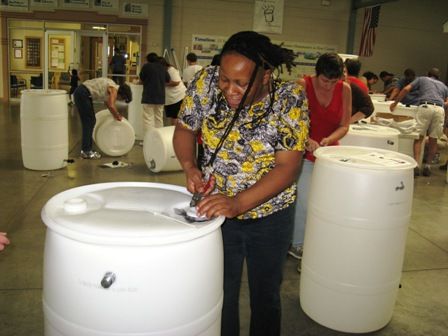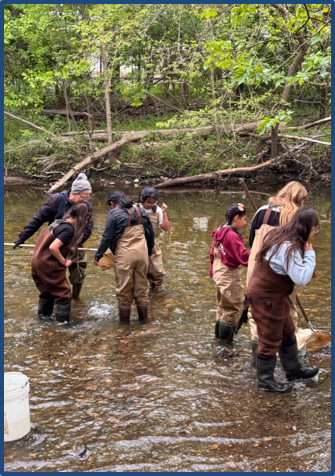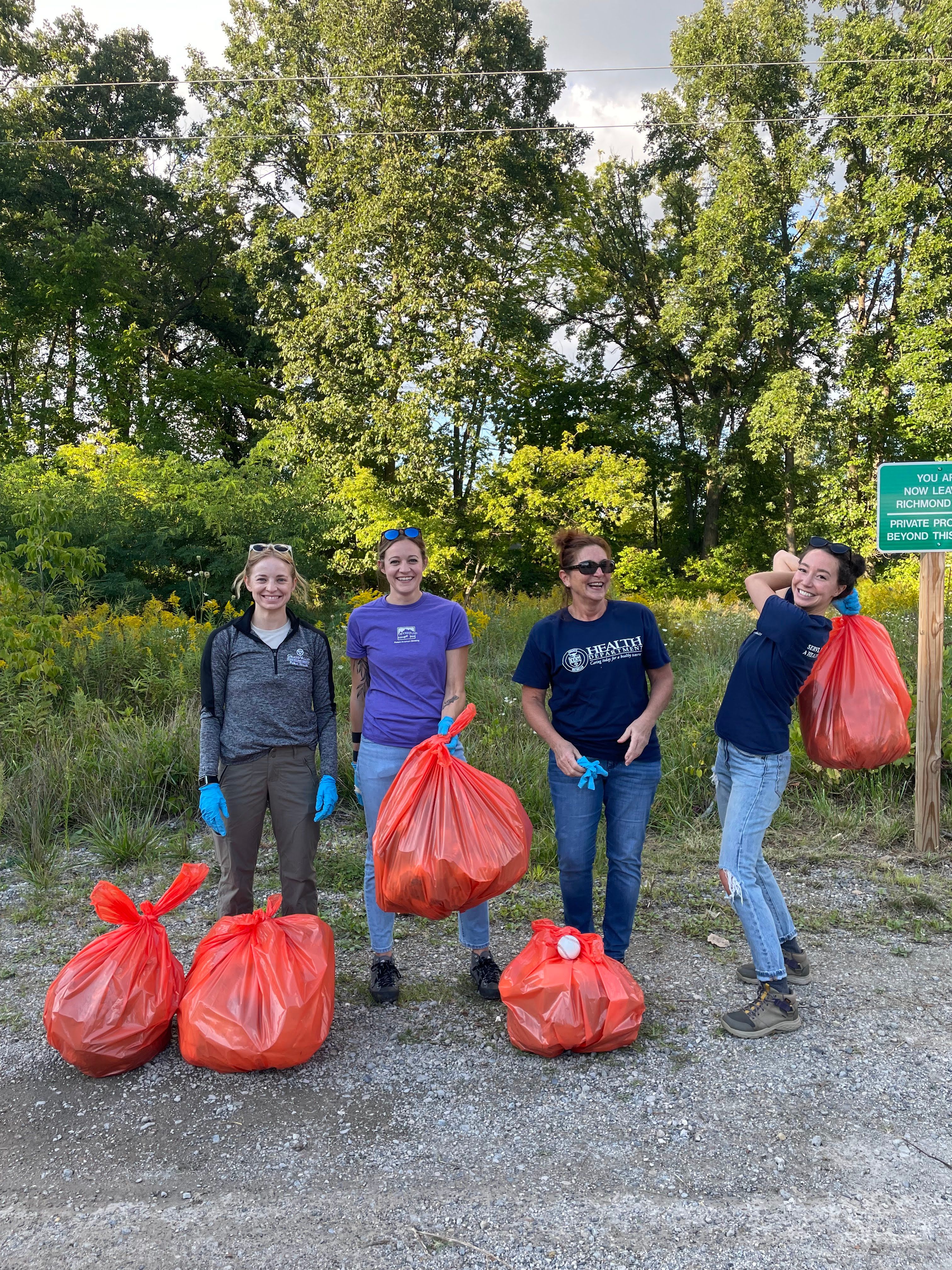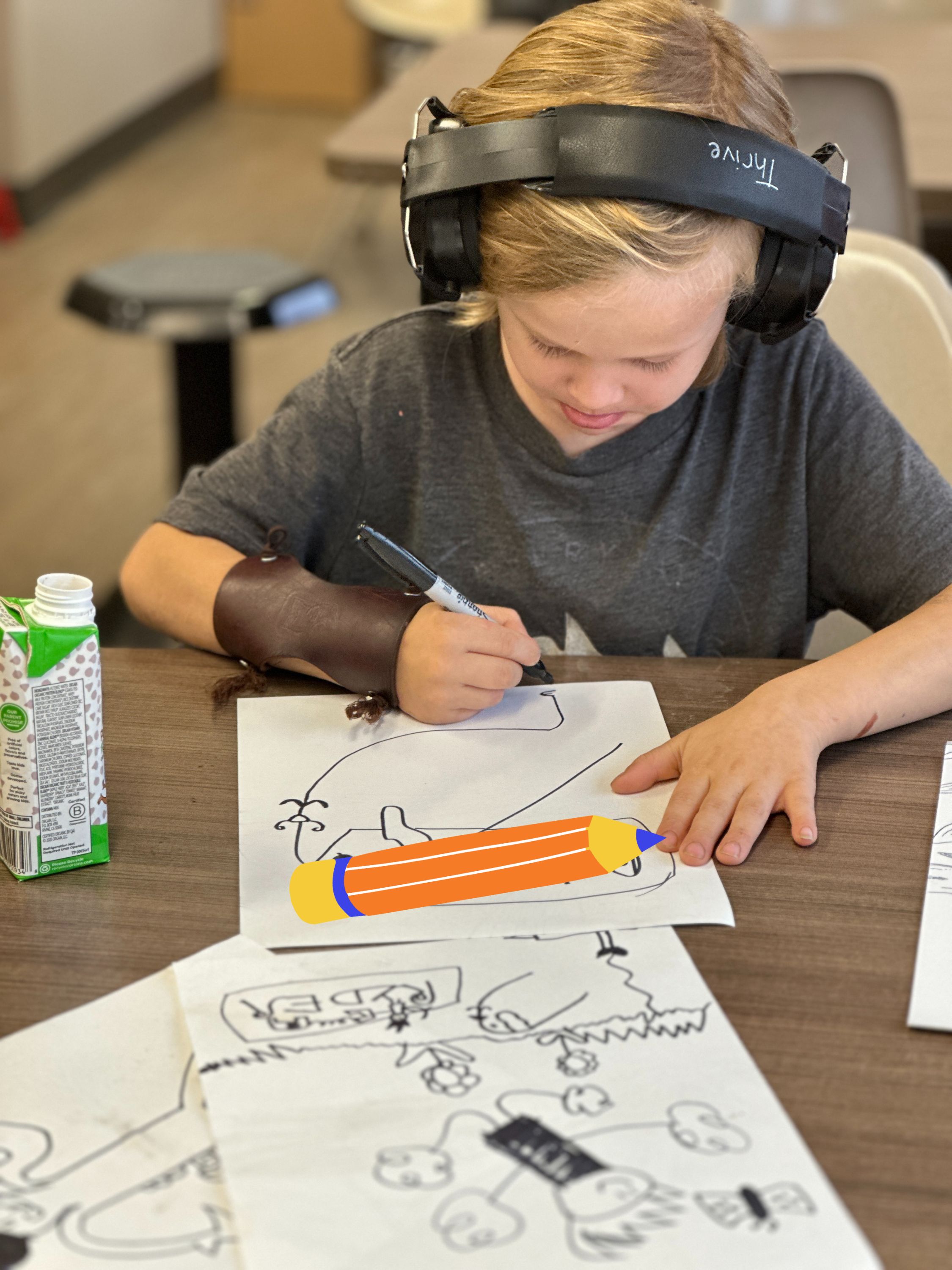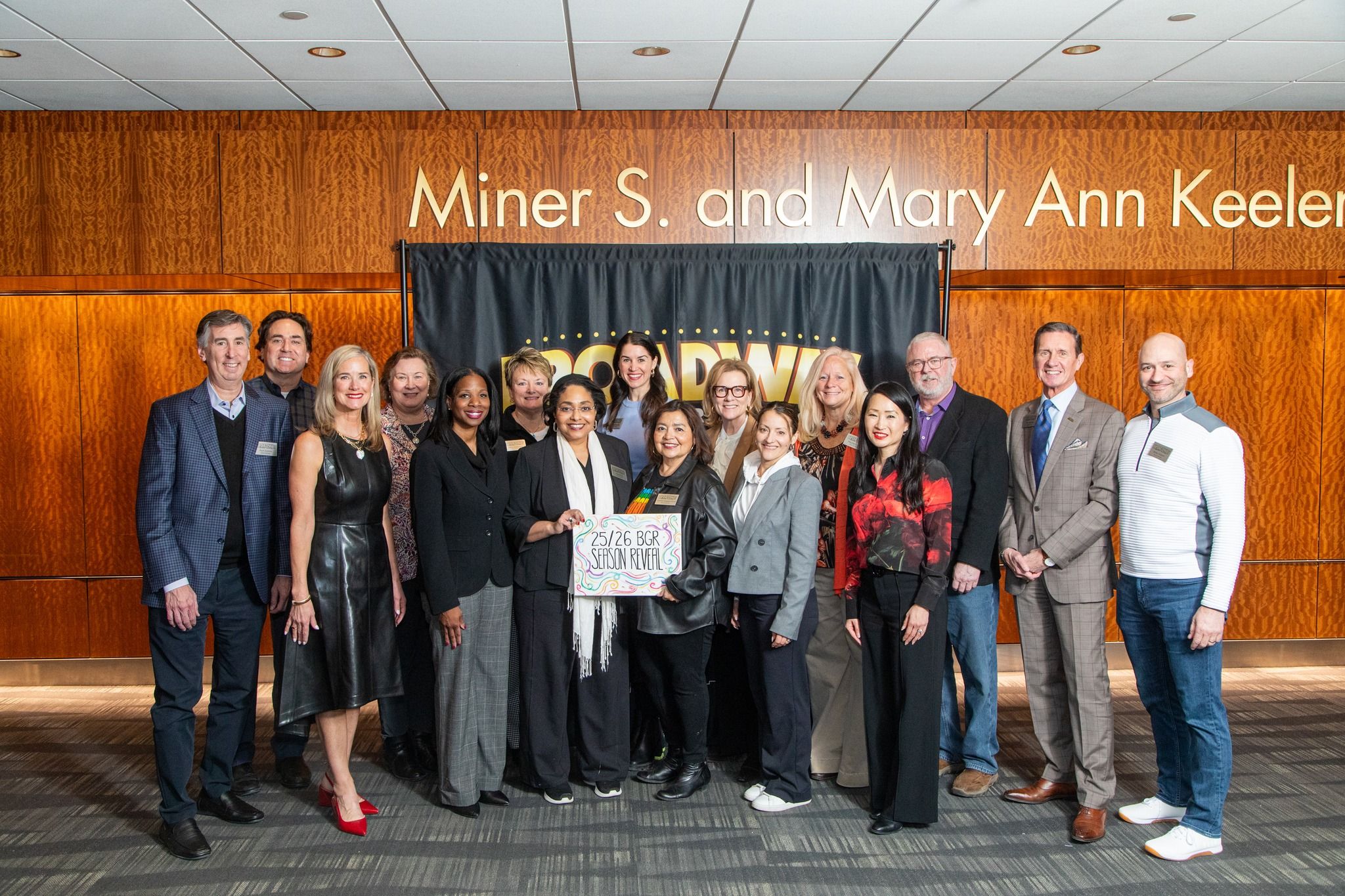West Michigan Environmental Action Council
To work collaboratively alongside our diverse community to educate, engage, and advocate for environmental values, environmental and climate justice, and a healthy and resilient community for all.
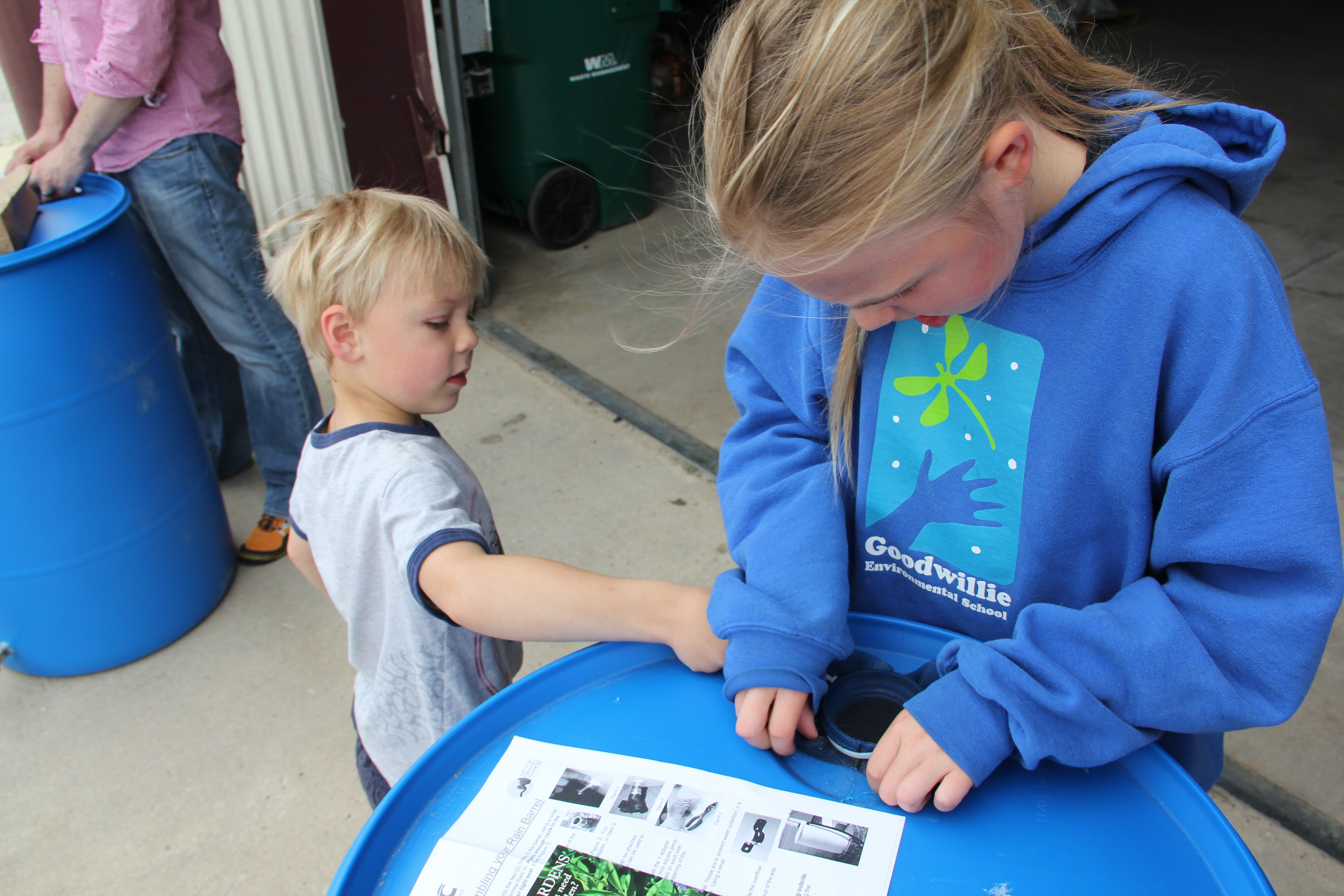

Get to Know Us
A collaborative nonprofit network draws upon the strengths and values of each individual organization, allowing them to work together more effectively to engage and help deliver on their respective missions. By pooling their expertise and resources, these nonprofits can leverage their combined capabilities to create a greater impact within the communities they serve.For example, one nonprofit might collaborate with a partner agency to educate their young people on everyday environmental issues and sustainability practices. This collaborative approach enables the nonprofits to share their specialized knowledge and access a wider audience, amplifying their collective influence and making a more meaningful difference.Additionally, the collaborative network provides a platform for nonprofits to learn from one another, share best practices, and identify new opportunities for cooperation. These relationships can foster innovation, reduce duplication of efforts, and ensures that the nonprofits are working in a coordinated manner to address the most pressing needs of their communities.
Our ambitious proposal is to create and expand a groundbreaking educational initiative called "Sustainability Made Simple: The Circular Economy Approach." This innovative program would target high school students and be integrated into the school curriculum throughout the academic year. The initiative would consist of three key components:First, we would meticulously plan and develop six comprehensive units, complete with detailed lesson plans and pacing guides, to be implemented, one per month. These units could be utilized as an after-school program or seamlessly integrated into existing lesson plans.Second, participating students from each school would collaboratively plan, develop, and execute their own school-specific or community-specific Circular Economy or environmental project.Finally, all the schools involved would come together at a year-end student summit to present their projects to their peers, fostering a dynamic exchange of ideas and inspiring further action towards a more sustainable future.This initiative can be scaled up regionally, then statewide, and eventually expanded into a nationwide program, empowering young people to take tangible steps towards a more environmentally conscious world.
Raising $50,000 will allow WMEAC to provide our Teach for the Watershed (T4W) program to the Grand Rapids Public Schools 6th grade students, approximately 40 classrooms. Besides the actual interactive classroom presentations introducing watersheds, stormwater runoff, native plants, and infrastructure, these funds will allow students to experience water quality monitoring and stream sampling field experience as part of the T4W program by also paying for bus transportation.This funding will enable WMEAC to continue our Teach for the Watershed program which was launched in 2008. In 2024, over 600 3rd – 8th grade students from various schools and school districts sampled streams to learn about nonpoint source pollution.
"How wonderful it is that nobody need wait a single moment before starting to improve the world." - Anne Frank



Harness the Giving Spirit
Your support means the world to us. Donations allow us to continue giving back to our great city.


